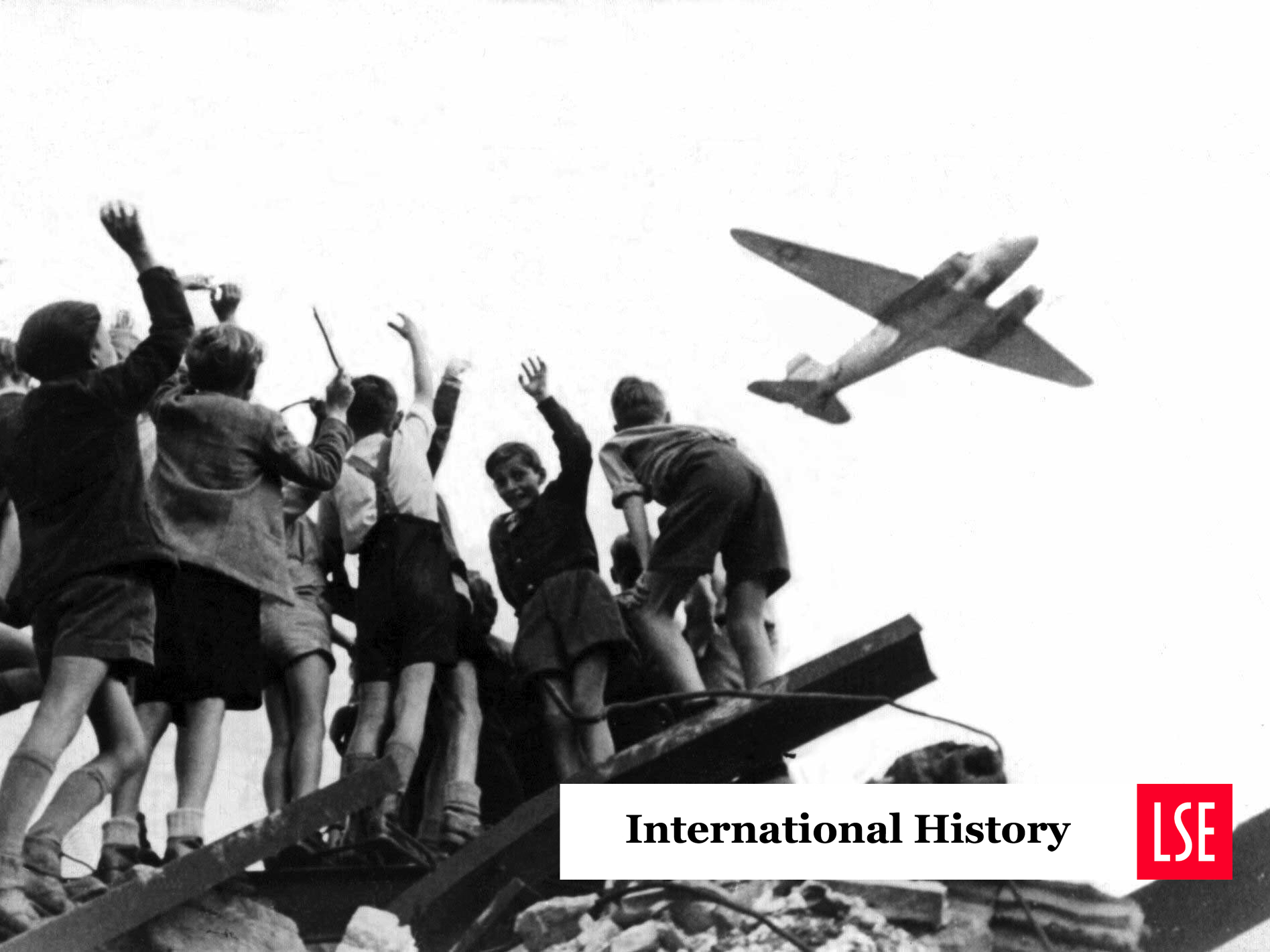
HY429 analyses the changing nature of the Anglo-American "special" relationship from its creation against the backdrop of the Second World War in Europe through to the end of the Cold War. It will illuminate the foundations of the relationship in terms of culture and ideology, and also the threat posed by common enemies in the Second World War and Cold War. The competitive dimension of the Anglo-American relationship will also be highlighted as a means of explaining instances of discord such as the Suez Crisis of 1956. The topics covered include: Anglo-American relations in historical perspective; the creation of the Anglo-American alliance, 1939-41; competitive co-operation in war strategy and politics, 1941-45; the American "Occupation" of Britain during the Second World War; the emergence of the Cold War in Europe, 1945-49; the Cold War in Asia, 1945-54; the Palestine question; the Suez Crisis, 1956; nuclear relations and the Skybolt Crisis; Kennedy, Macmillan and the Cuban Missile Crisis; Anglo-American relations and European integration, decolonisation and Anglo-American relations since 1945; the impact of the Vietnam War; the Cultural Cold War; intelligence co-operation; Anglo-American relations in the 1970s; Thatcher, Reagan and the Cold War in the 1980s; the Falklands War; the significance of personal relations at the top; retrospect and prospects for Anglo-American relations.
